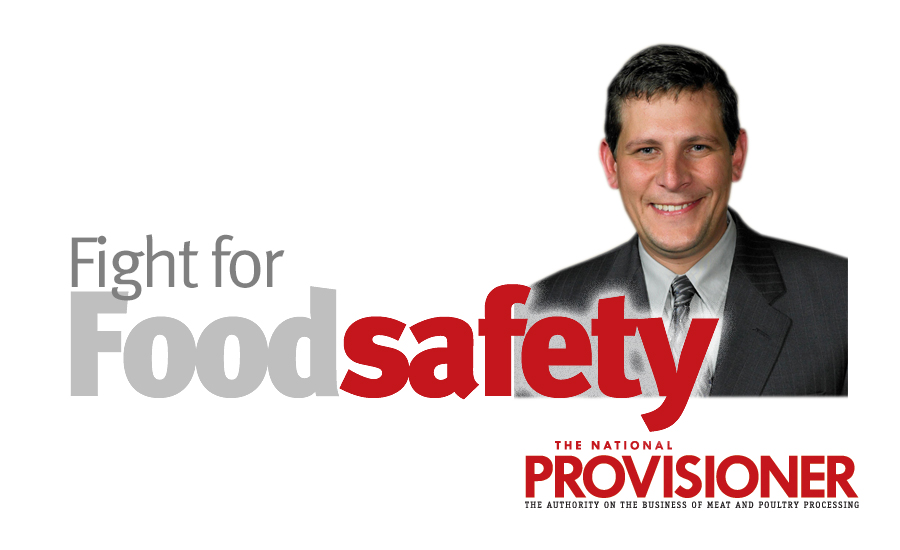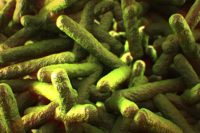Apparently, organic, non-GMO, hormone-free, free-range, grass-fed and antibiotic-free meat is no longer good enough. Cultured meat, also referred to as “clean meat” or lab-grown meat, is increasingly garnering more attention. The products are made by extracting cells from an animal and growing them into muscle fibers. Although cultured meat products may not be available for sale to consumers for another few years, such a day will eventually arrive.
When that day comes, what will determine the success or failure of these novel products? Will consumers who have been opposed to eating meat be driven to the products because of concerns for animal welfare? No animals are harmed in the production of cultured meat. Or will consumers choose cultured meat products because of environmental considerations? Purportedly, production will require significantly less land, water, energy and other inputs than harvesting raw animal products.
Or, will success be driven by food safety?
If taste, texture and appearance can be mimicked identically in a laboratory, will safety be the driving factor in consumers’ minds? Interestingly, we were taught growing up that meat products need to be handled and cooked appropriately to avoid illness. Just as there is a push for clean labels, will consumers be influenced by the concept of “clean meat” in the form of cultured meat? Imagine a scenario where consumers could unwrap, handle and cook raw ground beef without having to worry about washing their hands. It would be a product as sterile as a marshmallow.
If these “clean meat” products were to become widely available on the market, would consumers become increasingly irresponsible and careless when it comes to handling traditional meat products? If consumers were no longer required to take precautions such as washing hands and sanitizing countertops when preparing the cultured meat, what would happen when those consumers decided on occasion to purchase traditional meat? More illnesses would likely occur, and the perception of raw animal products being unsafe could potentially grow.
Although food industry professionals often say food safety should not be used as a competitive advantage, I can guarantee that when cultured meat becomes available, the companies producing it will use safety as their top selling point. For this reason, it is incumbent upon the meat processing industry to remain tireless in its efforts to produce a safer product. To stay ahead of the future competition, the meat industry should double its efforts to process and sell safe meat so “clean meat” doesn’t clean the table. NP





Report Abusive Comment